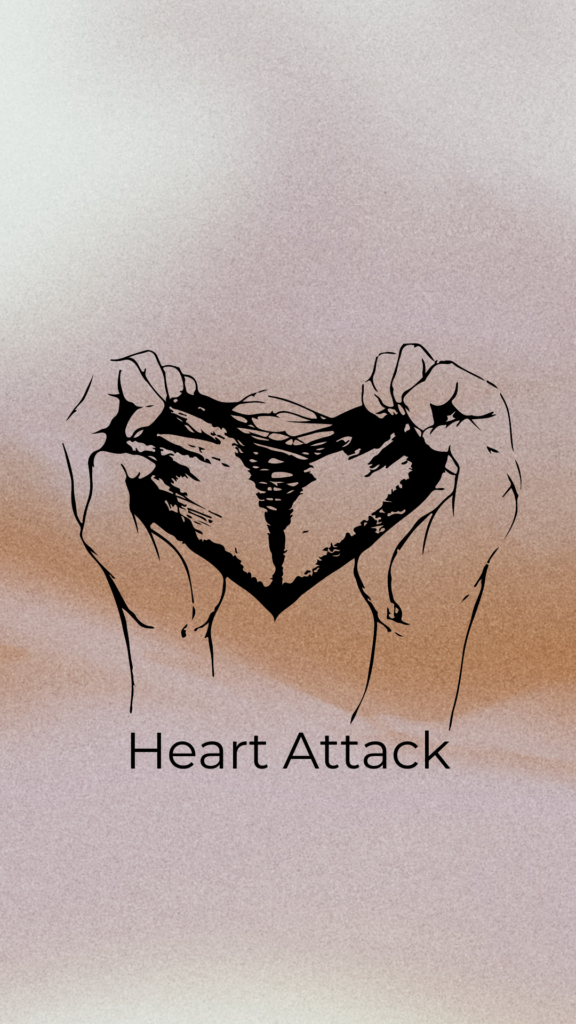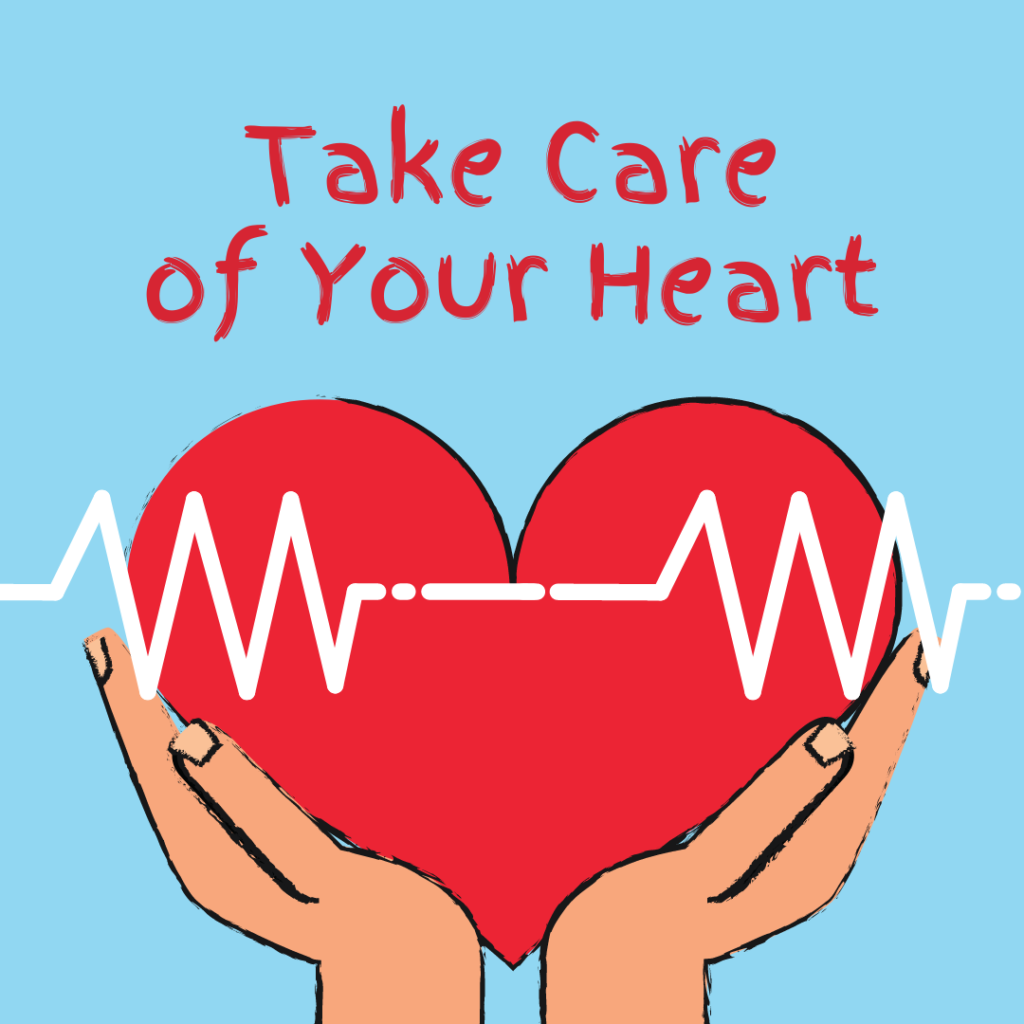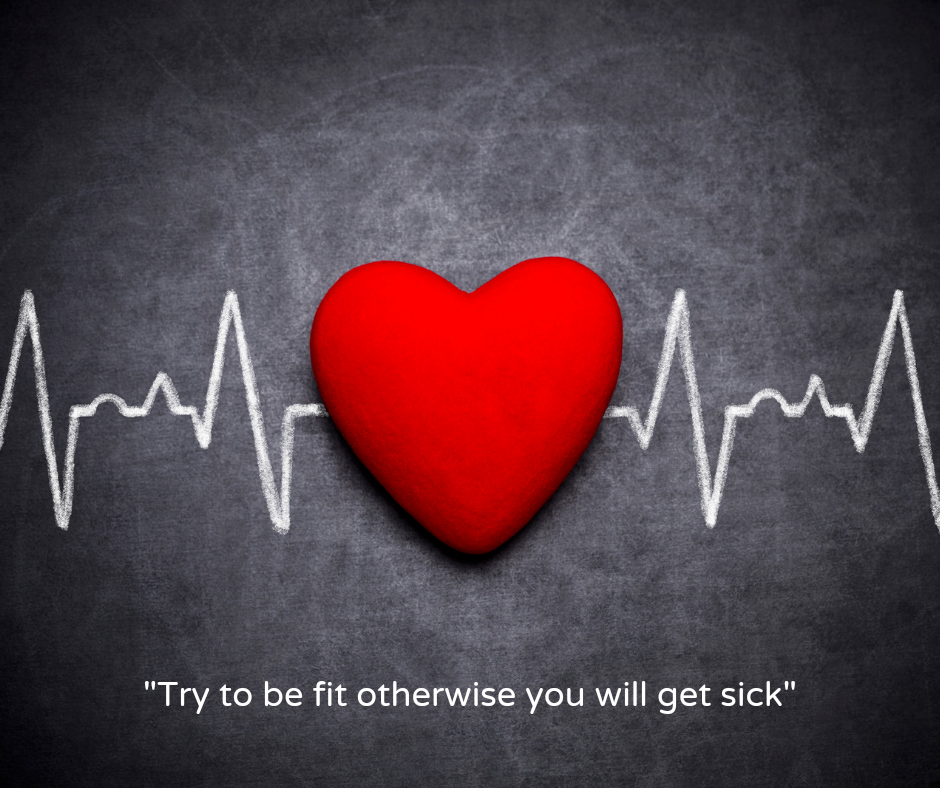Chest and jaw pain
Introduction:
Experiencing chest and jaw pain can be a frightening and potentially life-threatening situation, leading many to wonder if they might be having a heart attack. While these symptoms can indeed be indicative of a cardiac event, it is essential to remember that various other conditions can also cause similar discomfort. In this article, we will explore the connection between chest and jaw pain and heart attacks, as well as other possible causes and what steps to take if you find yourself or someone else in this alarming situation.
https://sumhelath.com/wp-admin/post.php?post=969&action=edit
- Understanding the Symptoms of a Heart Attack:
A heart attack occurs when the blood flow to the heart is severely restricted or blocked, usually due to a blood clot. The most common symptoms include:
- Intense, crushing or squeezing chest pain: This pain may radiate to the neck, jaw, shoulder, back, or arms.
- Pain or discomfort in the jaw: Often, jaw pain accompanies chest pain during a heart attack due to the heart’s proximity to the jaw.
- Shortness of breath: Difficulty breathing may occur, even without exertion.
- Sweating and lightheadedness: Profuse sweating and feeling faint are typical signs.
- Nausea and vomiting: Some individuals experience gastrointestinal symptoms during a heart attack.
- Assessing the Risk Factors:
Certain risk factors increase the likelihood of experiencing a heart attack. These include:
- Age: As people age, the risk of heart disease, and consequently heart attacks, tends to increase.
- Family history: If you have close relatives who have suffered heart attacks, your risk may be higher.
- Smoking: Tobacco use is a significant risk factor for heart disease.
- High blood pressure and cholesterol: Uncontrolled hypertension and elevated cholesterol levels can contribute to heart issues.
- Sedentary lifestyle: Lack of physical activity can negatively impact heart health.
- Obesity: Being overweight puts additional strain on the heart.
- Diabetes: Poorly managed diabetes can raise the risk of cardiovascular problems.
- Other Possible Causes of Chest and Jaw Pain:
While a heart attack is a crucial concern, chest and jaw pain can also result from various non-cardiac issues, such as:
- Acid reflux: Gastroesophageal reflux disease (GERD) can cause chest pain that might be mistaken for a heart attack.
- Muscle strain: Overexertion or injury to the chest muscles can lead to localized pain.
- Anxiety and panic attacks: Intense stress can cause chest pain, shortness of breath, and a feeling of impending doom.
- Dental problems: Jaw pain may originate from dental issues like a toothache or temporomandibular joint (TMJ) disorder.
- Respiratory infections: Pneumonia or bronchitis can cause chest pain and discomfort during breathing.
- When to Seek Immediate Medical Attention:
Never ignore chest and jaw pain, as timely intervention is critical in potential heart attack cases. Call emergency services immediately if you or someone else experiences:
- Chest pain lasting more than a few minutes.
- Chest pain accompanied by shortness of breath, sweating, or nausea.
- Pain that spreads to the arm(s), back, neck, or jaw.
- A history of heart disease or heart attacks, especially if the pain feels familiar.
- Prevention and Lifestyle Changes:
Preventing heart attacks involves adopting a heart-healthy lifestyle. Here are some essential tips:
- Quit smoking and avoid exposure to secondhand smoke.
- Adopt a balanced diet rich in fruits, vegetables, whole grains, and lean proteins.
- Engage in regular physical activity, such as walking, swimming, or cycling.
- Maintain a healthy weight and manage chronic conditions like diabetes and hypertension.
- Reduce stress through relaxation techniques, meditation, or hobbies.
Conclusion:
Chest and jaw pain can be a frightening experience, leading to concerns about a potential heart attack. While this possibility should not be ignored, it is crucial to consider other potential causes as well. Understanding the symptoms of a heart attack, assessing risk factors, and knowing when to seek immediate medical attention can be life-saving. By adopting a heart-healthy lifestyle, you can significantly reduce the risk of heart disease and improve overall well-being. Always prioritize your health and seek medical advice if you have any concerns about chest and jaw pain or related symptoms.



